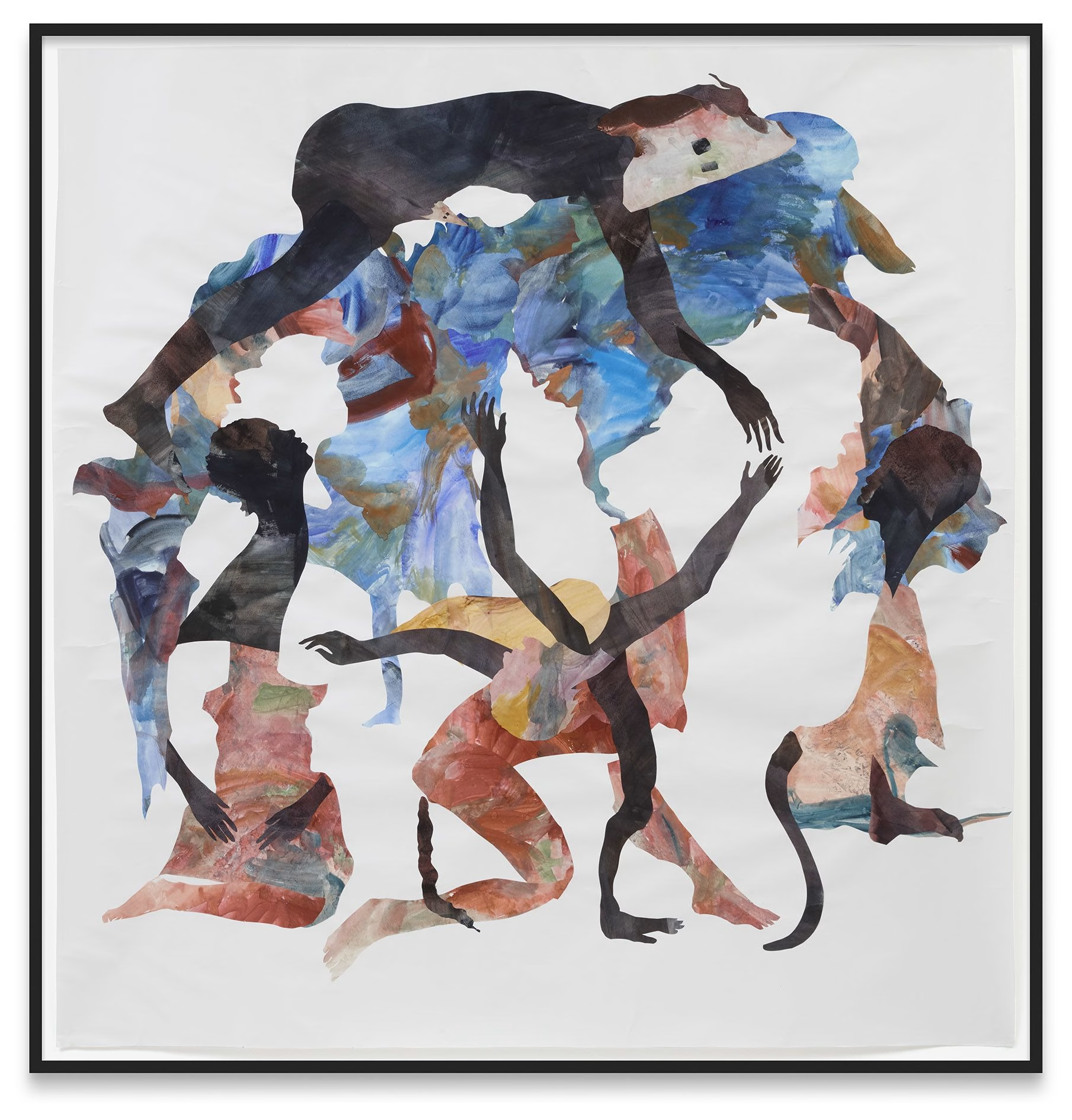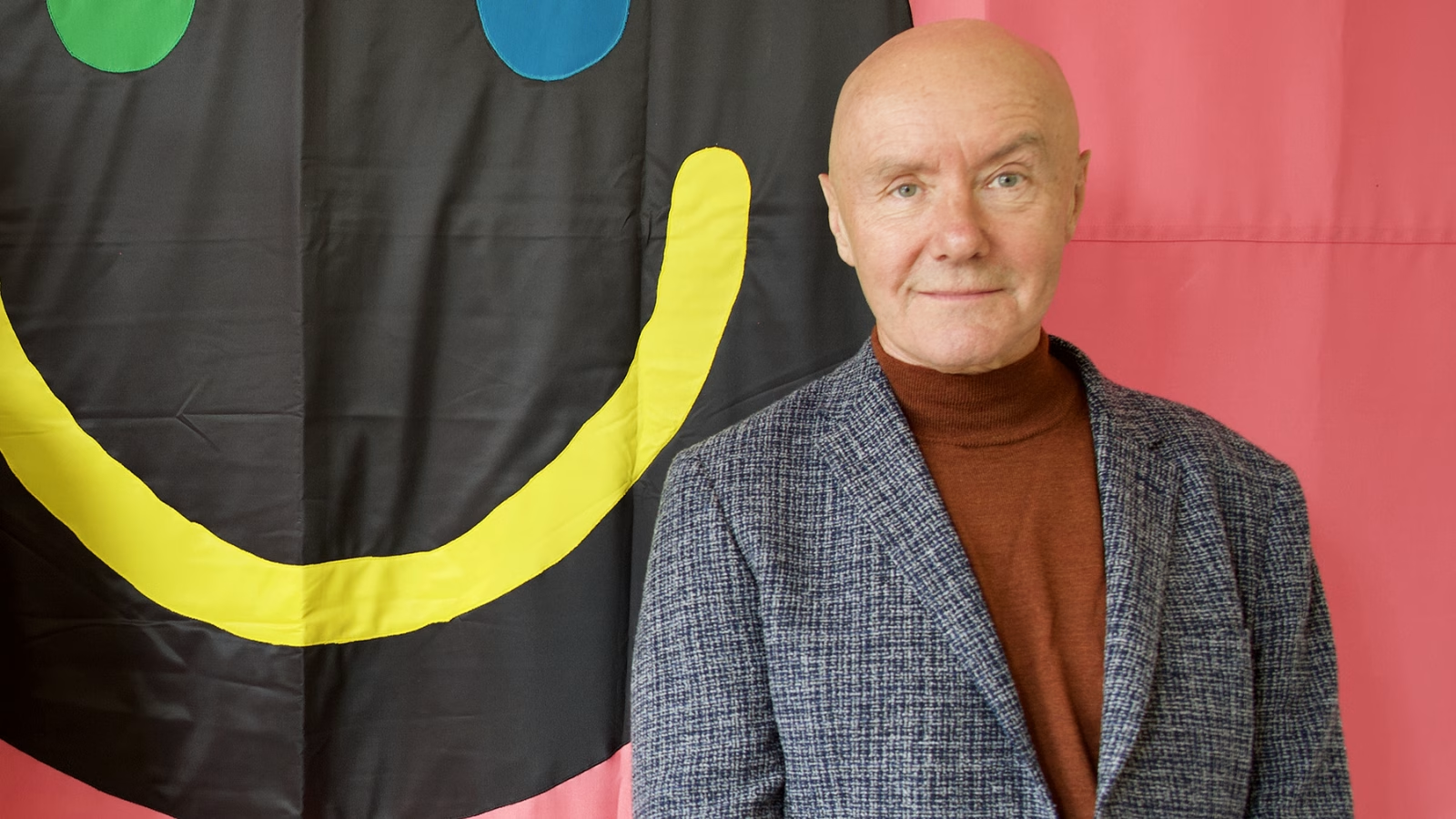The Sprüth Magers gallery in Berlin is hosting a solo exhibition by Kara Walker, one of contemporary art’s most powerful and provocative voices. Opening on November 14, 2025, and running through April 4, 2026, the exhibition showcases Walker’s work, which is deeply rooted in traditional pictorial practices while employing sophisticated yet provocative imagery. Through various media, she meticulously explores themes of race, gender, sexuality, and violence.
From Traditional Silhouettes to Monumental Installations
Walker’s art subverts the 19th-century sentimental “ladylike” silhouette technique by blending it with the unsettling history of slavery and the Antebellum South, deliberately disrupting the viewer’s comfort zone. She uses cut-paper silhouettes, drawings, paintings, films, and monumental installations to expose the psychological wounds caused by racism and its enduring legacy. Her 2014 massive sugar-coated sphinx-like sculpture, A Subtlety, displayed in a former Brooklyn sugar refinery, is one of her most iconic monumental works. This piece, with subtle humor and unsettling honesty, recalled the painful legacy of slavery tied to the history of sugar.
Works from Walker’s Harper’s Pictorial History of the Civil War (Annotated) series highlight racial and gender biases in historical representations of the Civil War. By screen-printing her black silhouette figures onto historical wood engravings, Walker makes visible the experiences often overlooked or merely implied in historical narratives.
Art’s Confrontation with Collective Memory
Walker’s works consistently question how American myths are constructed through systems of race, gender, and violence. The exhibition’s pieces invite viewers to confront the past while examining contemporary racial and gender stereotypes. Her practice also includes large-scale installations that interrogate how shared societal memory is shaped by institutions such as the state, museums, and churches.
The Kara Walker exhibition reaffirms that art is not merely a source of aesthetic pleasure but also a powerful tool for questioning and transforming collective memory.














